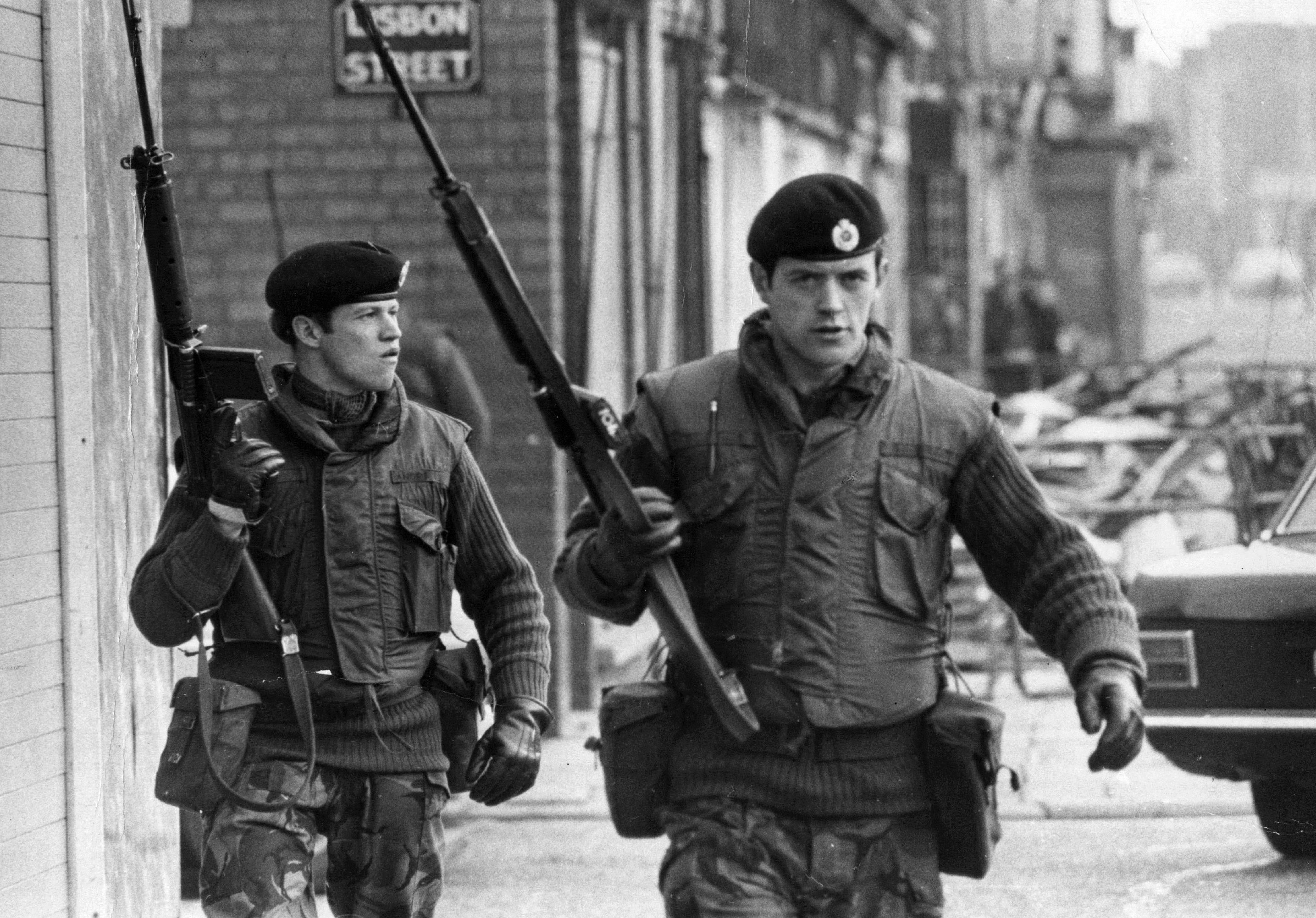Killing people must serve some purpose, else humans wouldn’t be so good at it.
The ethics of murder as self-defence are relatively straightforward. It is less clear cut if you started the war.
Killing because you can’t think of anything better is despicable – and that’s what we are threatened with.
Theresa May, the Home Secretary, has raised the threat of an Irish Republican attack in England to ‘substantial’.
Over the last 12 months, there have been 52 bomb attacks in Northern Ireland, according to the Police Service of Northern Ireland.
May is warning us to expect dead bodies on our streets, murdered in the name of – what?
Irish Free State
The word Eire means the whole of Ireland. The Free State of Ireland born in 1922 used Eire knowing it was inaccurate, but as a statement of intent. One day the Dail Eirrean would be the parliament not just of the South, but of the whole island.
As it is, the South itself took a long time to establish nationhood – not just the centuries before of resisting English and British rule, but the decades until 1949 when the Republic was officially created.
It’s a messy business, undoing the ties that bind to neighbouring country.
In the hazy morality of fighting for a cause, you can justify continuing a struggle for a long-held ambition when you think the job is not yet done.
So Irish republicans fought on from the 1920’s through the century in the name of a united Ireland.
Blood
Nations are rarely born without blood, and it seemed Eire was going to spill a great deal in this protracted fight for completeness.
The history was clear cut – the English had invaded, Scots did settle, laws were discriminatory against the native people. Causes came easy to hand.
The laughably-named ‘Troubles’ – it was a civil war – re-ignited in the late 1960’s for good reasons. Catholics didn’t have the vote – the North effectively ran an apartheid system, favouring protestants.
It doesn’t justify the 3,000 dead in the conflict, but explains the call to arms.
However, in the last twenty years things changed.
Ceasefire
The IRA declared a ceasefire in 1994. It didn’t hold – the City of London was attacked – but ultimately led to the Good Friday Agreement of 1998.
Devolved government, suspended in the 1970’s, was restored.
The Irish Republic amended articles 2 and 3 its constitution, ending a claim on the North. The new clauses seek a peaceful solution for all.
The people of Northern Ireland have the democratic capacity to determine their own future, and the people of the South make no claim on the six counties.
These facts obscure an equally important cultural change. While the throughly crooked Fianna Fail politician Charles Haughey could be done for gun-running in the 1970’s. By the time he was in office again in the 1990’s the idea of uniting Ireland was anathema in the South.
Chattering classes
The chattering classes of Dublin had come to see the North as a land of angry bigots and wanted nothing to do with them.
Further, The North is expensive – the most subsidised part of the UK – and even in the boom times Dublin had no appetite to pick up the bill.
By the time Martin McGuiness, of both the IRA and the Sinn Fein, got round to running for President of the republic in 2011, history had completed its turn.
His campaign was dogged by accusation about his killing past. Once this might have been a badge of honour, now it was a sordid legacy about which voters felt no sympathy. He came third in the vote.
McGuiness had enjoyed sharing power in the devolved assembly of North of Ireland with one time arch-enemy, Ian Paisley. That alone should have told him the past was dead.
A generation has grown up since the 1994 ceasefire. Their collective memory of Ireland is of boom and bust, of being the celtic tiger. The old war is a distant thing of no relevance.
Thugs
In this context a few thugs with gun want to keep bombing.
They cannot argue that an imperial force is denying their future. They can’t point to discriminatory laws against catholics. They can’t say the Republic yearns to unite with them.
In short, they have no plausible cause left.
They are not republicans, nor nationalists fighting for a homeland, but gangsters with a disturbing lust for blood and a pathetic need for attention.
If they kill on our streets, the chances are high that the people killed will have had no strong feelings either way about Ireland, or any passion to keep that strange little enclave of prejudices known as Northern Ireland within the UK.
Another death in the name of the IRA will achieve nothing. Their terror is pointless.
We should not wait for the next outrage but let the fanatics know now in clear terms that we have all moved on, that the killing is plain murder of a cowardly kind, and the great cause is to live in peace – something humans find remarkably hard.


